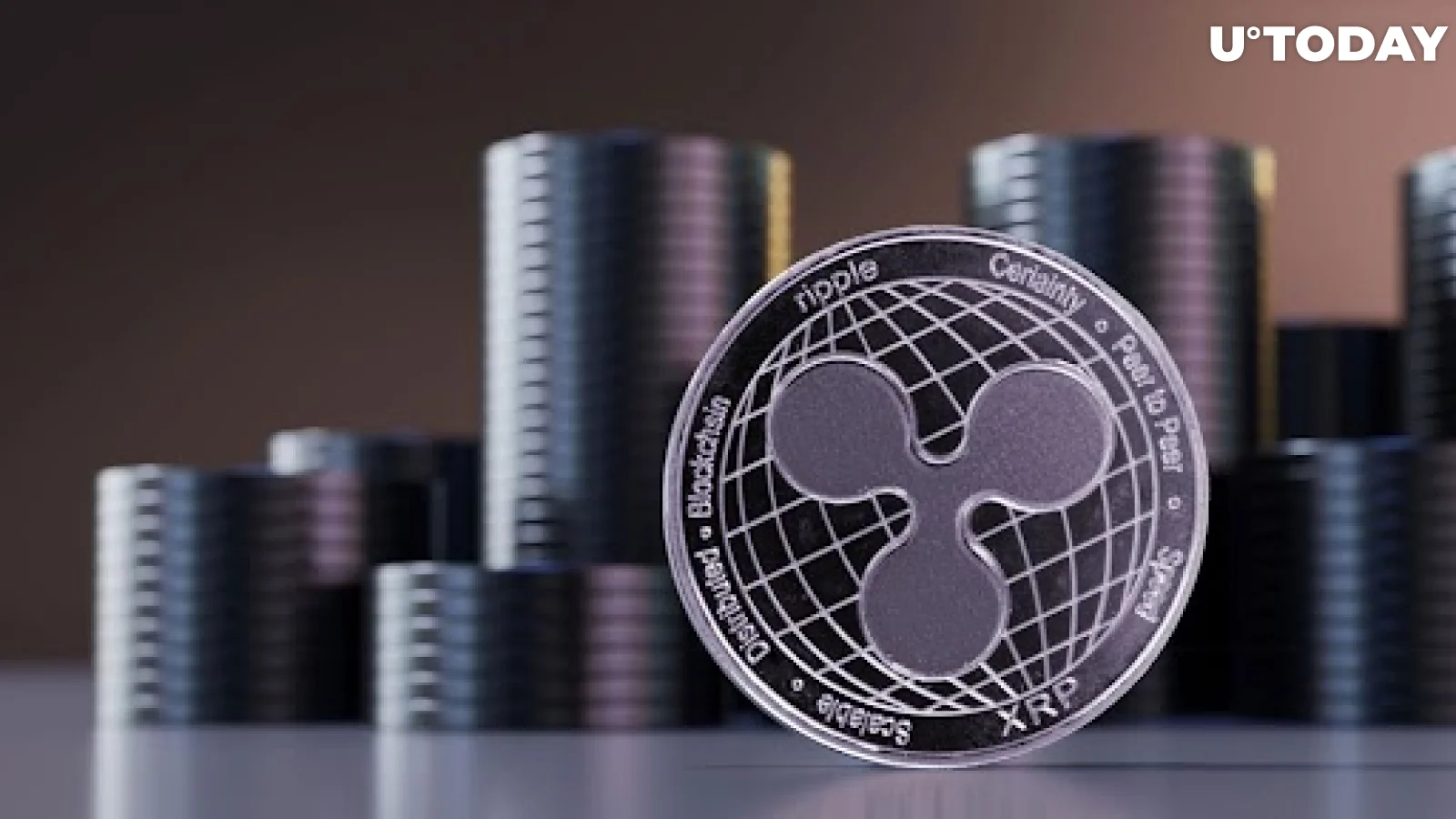
In a three-part series of insights, Ripple reveals the tokenization broad picture. It added that 72% of the more than 1,700 finance professionals who participated in Ripple’s latest worldwide poll anticipate to investigate tokenization over the next three years, strengthening the technology’s status as a cornerstone of innovation.
The many benefits that blockchain technology offers may be linked to the growing interest in and application of tokenization.
https://x.com/Ripple/status/1757209725161111742?s=20
Tokenization is expected to help businesses maximise revenue by making a variety of assets—from financial and real estate to ownership, event ticketing, and carbon credits—easier to manage, more accessible, and more liquid.
By eliminating geographical restrictions, decreasing conventional entrance barriers, and lowering expenses or asset prices, tokenization can also broaden access to an asset class.
Businesses may also profit from the operational advantages that tokenized assets on the blockchain offer, like quicker transactions, cheaper administration fees, and decreased expenses.
The XRP Ledger (XRPL), a decentralised public blockchain created especially for financial use cases and enabling over 2.6 billion transactions to settle in real-time for more than ten years, is used as an example by Ripple.
Ripple asserts that tokenization can only be beneficial if the marketplaces for tokenized assets develop a robust secondary market and become more liquid.
Ripple has already begun to enter the tokenization space through its affiliated companies. For example, data is transported, handled, and stored on the blockchain when carbon credits are tokenized by Ripple partner Thallo.
HSBC declared in November 2023 that it will collaborate with Metaco, a startup owned by Ripple, to provide a digital asset custody solution for institutional customers that want to purchase tokenized gold or equities.
Real-world asset (RWA) tokenization, led by real estate and commodities, is expected to propel the blockchain economy in 2024, according to Ripple CTO David Schwartz. Tokenized RWAs on the XRP Ledger, according to him, would improve collateralized loans, foster institutional adoption, increase interoperability, and fundamentally alter the financial industry.


















